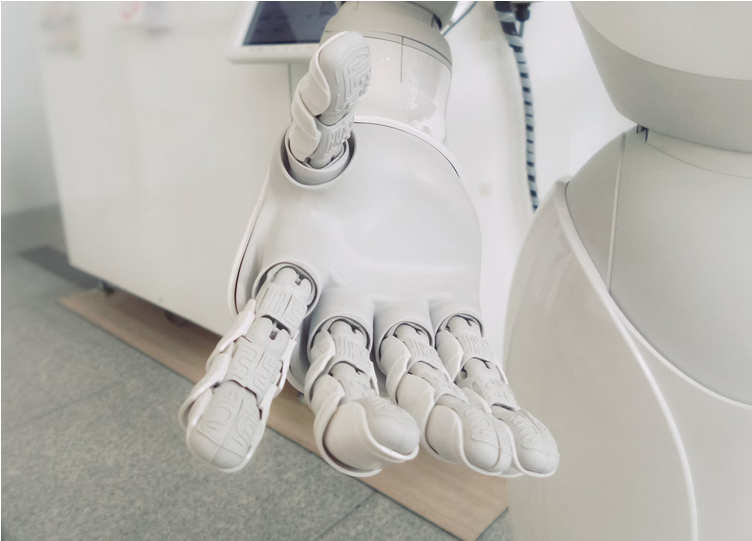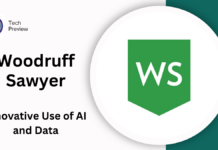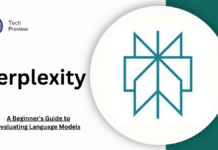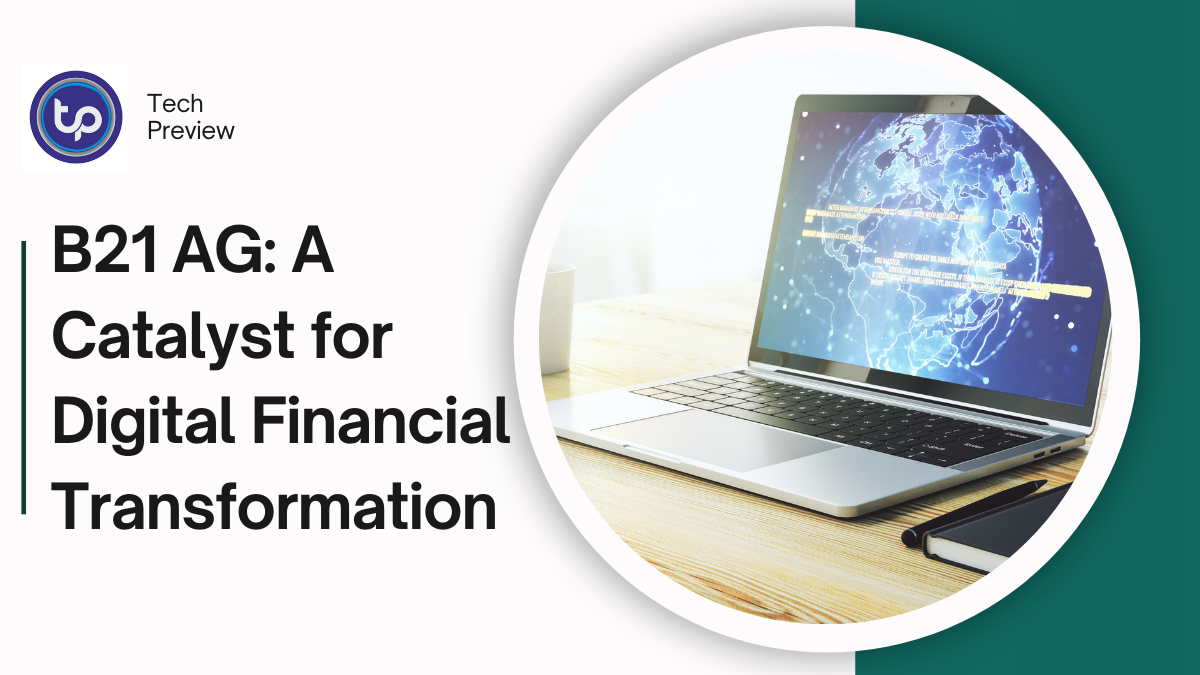In our fast-paced world, where innovation has become the heartbeat of progress, taking a break can mean risking being left behind. With an ever-growing stream of new technologies hitting the market, catching up often demands significant effort. Amid this whirlwind of progress, one force stands out, reshaping the landscape of our existence: Artificial Intelligence.
This revolutionary force has not only disrupted established norms but has also fundamentally altered the way our world operates. Powered by cutting-edge technology, it has become the fuel in our quest for efficiency and innovation. Its impact is profound, touching every aspect of our lives, particularly in healthcare.
But how exactly has AI transformed our lives, and what role does it play in the ever-evolving landscape of technology and medicine?
Understanding Artificial Intelligence in Healthcare
The healthcare landscape is undergoing a groundbreaking shift driven by the immense potential of Artificial Intelligence (AI).
According to Statista, the AI market in the healthcare industry is projected to soar to a staggering $187 billion by 2030, marking a substantial leap forward. This significant expansion is expected to bring about transformative changes within the healthcare sector, reshaping how we approach patient care and medical research.
AI’s impact on healthcare is revolutionary, fundamentally changing how we identify, treat, and monitor patients. It has become a turning point, enabling a shift towards more individualized treatments and precise diagnoses, ushering in a new era of healthcare efficacy.
One of the remarkable aspects of AI powered healthcare lies in its ability to sift through vast amounts of clinical data, swiftly identifying minute signs and patterns that might elude the human eye. Its potential is far-reaching.
Role of AI in Predicting Disease Outbreaks in Healthcare
In the ongoing effort to protect public health, Artificial Intelligence (AI) and Machine Learning (ML) have become powerful allies, driving significant progress in tracking infectious diseases and predicting epidemics using AI predictive analytics.
At the heart of this change is the ability of AI and ML to analyze and integrate data. These technologies efficiently handle extensive and varied datasets, seamlessly combining information from social media, health records, epidemiological data, and environmental factors. The result is a comprehensive collection of insights that surpasses what humans can achieve.
ML algorithms can use this comprehensive data to identify trends, abnormalities, and potential signs of epidemics. This leads to the creation of AI predictive analytics in healthcare, models that give us a glimpse into when and where outbreaks might happen. These serve as early warning systems based on real-time and historical data, assisting in proactive public health measures.
The significance of automated surveillance systems lies in their ability to scan data streams for signs of upcoming epidemics continuously. This allows for quickly identifying unusual patterns or spikes in cases, helping health organizations allocate resources wisely.
Additionally, vaccines, medical supplies, and healthcare workers can be directed to areas with the greatest need, a strategic approach guided by the foresight provided by AI and ML-driven models.
Incorporating AI consulting services is essential. These services are crucial in guiding healthcare institutions through integrating and optimizing AI technology in healthcare.
Examples of AI in Healthcare
Virtual Health Assistants
Hospitals and clinics are using AI-powered chatbots and virtual assistants to streamline the appointment process. These digital helpers provide timely information on symptoms, prescriptions, and treatments, effectively reducing appointment wait times.
This enhances the patient experience and optimizes administrative workflows, allowing healthcare professionals to focus on delivering quality care.
Medical Image Analysis
AI’s impact on medical imaging is transformative, especially in radiology and pathology. In radiology, AI assists in identifying anomalies in CT, MRI, and X-ray scans, aiding in swift and accurate diagnostics.
In pathology, AI detects and categorizes tissue types by analyzing biopsy slides and microscope images. This accelerates the diagnostic process and ensures a high level of precision in identifying health issues.
Wearable Devices and Sensors
The integration of wearable devices and sensors plays a crucial role in data collection for research and patient treatment.
For instance, wearable glucose monitors provide real-time data, enabling healthcare practitioners to anticipate a patient’s blood sugar levels throughout the day and night. This information empowers medical professionals and diabetes educators to tailor treatment recommendations, fostering more personalized and effective diabetes management.
AI-driven Genomics
By employing artificial neural networks and machine learning, AI-driven genomics explores patient genomes, foreseeing the likelihood of contracting specific diseases.
This technology has gained prominence in predicting conditions like Alzheimer’s based on a patient’s genetic composition. Additionally, it extends its reach to prenatal care, allowing for the investigation of a fetus’s genetic makeup, among other predictive analytics healthcare examples.
How Will AI Transform The Future of Medicine?
Transcribing and Organizing Patient Data
By transcribing notes and organizing patient data onto platforms like EPIC, AI contributes to creating efficient and organized electronic health records. This will reduce the administrative burden on medical practitioners and ensure quick and accurate access to patient information.
AI Disease Diagnosis Support and Second Opinions
Busy doctors can find valuable support in AI technologies, which can assist in diagnosing patients and even provide a second opinion. By analyzing vast datasets and patterns, AI offers insights that complement the expertise of medical professionals. This collaborative approach will aid in more accurate diagnoses and allow doctors more time for personalized patient care.
Patient Assistance with Treatment Plans
Artificially intelligent technologies extend their support beyond the doctor’s office. Patients can benefit from AI-guided assistance in exploring prescription medicine alternatives and devising follow-up treatment plans. This personalized guidance continues to enhance patient engagement and empowers individuals to participate actively in their healthcare decisions.
Remote Diagnosis and Healthcare Access
AI’s transformative potential is particularly evident in remote healthcare services. The technology enables remote diagnosis, breaking down geographical barriers, and expanding healthcare access in rural areas. This decentralization of healthcare aligns with the vision of providing quality medical services beyond the confines of major cities.
Conclusion
In the dynamic landscape of healthcare, Artificial Intelligence (AI) stands as a transformative force, streamlining administrative tasks, revolutionizing diagnostics, and expanding healthcare access. Staying informed on the latest AI developments in healthcare is key, ensuring you’re part of the evolution shaping patient care.
By envisioning a future where technology harmonizes with human expertise, we contribute to a healthcare landscape marked by efficiency, accessibility, and improved well-being for all.









